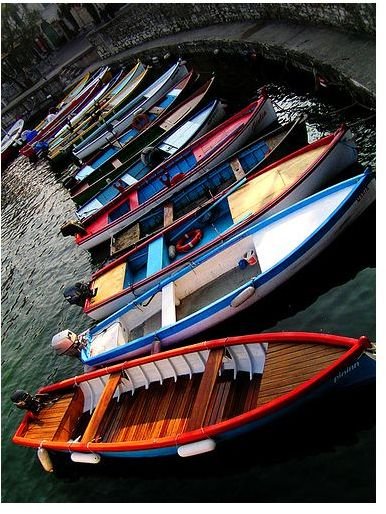What Makes a Good Marine GPS Unit: Functions and Features You Should Look For?
The Best Marine GPS: How Can You Find It?
Navigation for ocean going vessels has been a challenging puzzle for many centuries. Human ingenuity produced the compass, the astrolabe and then the sextant in the 18th century, allowing reasonably accurate ocean-going travel up until the 20th century. Then during the later 20th century GPS was invented, eventually becoming commercially available and now widely used as a means of maritime navigation.
This has made a vast difference in the level of accuracy possible and the amount of labour required when it comes to navigation for ocean going travel. But what constitutes a good marine GPS unit (and, conversely, a bad one?) Is it purely a personal choice based on subjective tastes or are there objective criteria you can put to use in making a choice?
If we consider the uses to which a marine GPS unit may be put – the day-to-day navigational requirements of ocean-going vessels, assisting in the retrieval of sunken ships and cargo and other items, enabling the smooth running of emergency callouts, dredging, sweeping operations, the placement of buoy markers – then what characteristics are the most important when selecting a marine GPS unit?
Images

Design And Function: What Do You Need In A Marine GPS Unit?
Reliability, as with any other technological device, is going to be key when you are thinking of purchasing a GPS unit for sailing or fishing purposes. In the middle of the ocean and the middle of the night, you really don’t want to be having to break out the sextant! Energy use and power source may also be a factor determining a decision – the handiness and convenience of a battery-run model, vs. the peace of mind of knowing your in-dash GPS has continuous energy access? The sturdiness of the unit is also going to be a key issue. Marine GPS reviews may assist you in assessing this.
Ease of use and access in a hurry has to be a factor: are you going to choose a fixed or hand-held device? (Of course you may choose to convert the latter via purchase of a mount). Handheld may trump fixed for speed, if not certainty, of access – as long as you don’t drop it in a storm or put it down and forget it. Of course a dashboard unit is something you can’t take with you if you abandon ship!1
What about functionality? Memory capacity and also display readability are important - is it backlit, grayscale, colour? If it’s water-resistant then is that to industry standard? Is it WAAS enabled for improved accuracy? How long does the warranty last? (Perhaps you could set up a little spreadsheet comparing the attributes that really matter to you in order to find the best marine GPS?)
Whatever model of marine GPS you choose in the end, it’s still a marvellous improvement on prior methods of navigating at sea, and just one more example of how GPS is reaching into and improving many areas of our lives.
References:
1. ‘Marine Accessories Buying Guide.’ Shopwiki UK. www.shopwiki.co.uk 2006-2009 (28/10/2009) https://www.shopwiki.co.uk/wiki/Marine+Accessories